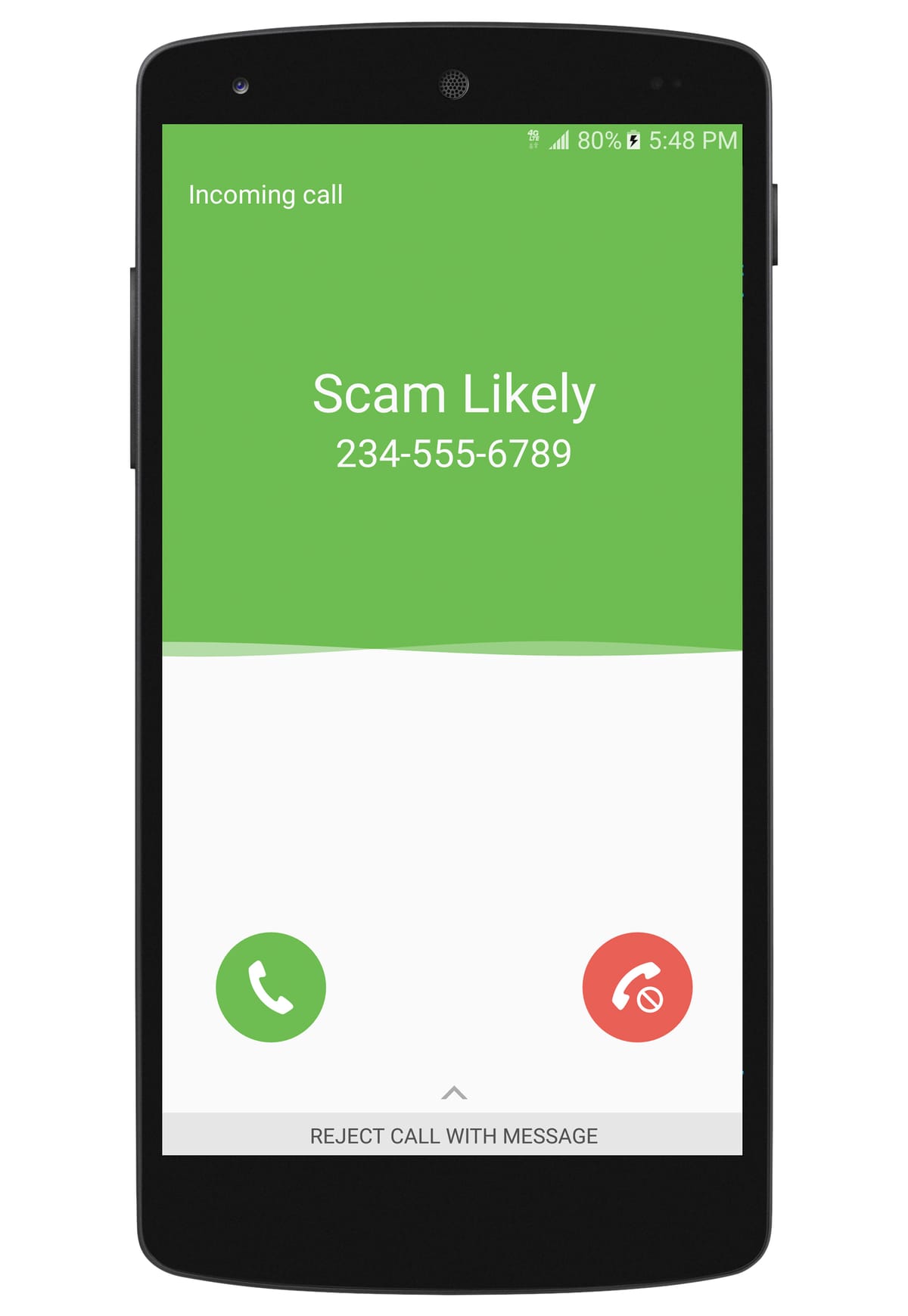T-Mobile joins AT&T in fight against scam calls

In the digital age, security threats can come in more forms than one might imagine. Most people barely protect themselves against such threats. The subsection of people who do actively try to improve their cyber security is extremely small.
However, security threats are not always technologically advanced. In fact, simple scams represent the most common threats which have persisted through the years. Unfortunately, many people still fall for these types of scams, particularly through telephone calls.
Two years ago, the Federal Communications Commission (FCC) in the US voted to allow carriers to offer tools that would help customers block scammers either automatically or manually.
In December 2016, AT&T was the first company to introduce a scam filter. AT&T Call Protect, as the service is called, usually works as an automatic filter that blocks scammers. When the call is ambiguous, it displays a warning so that customers can at least be aware of potential scams.
Now, T-Mobile has also announced a similar service with a two-fold approach. First, the company will automatically display a “Scam Likely” warning whenever it detects a potential scam call.
In addition to that, users will have the option to automatically block all suspected scam calls. This part of the service is entirely optional and will have to be enabled manually as the company might block legitimate calls by accident.
For its part, the FCC seems keen to give carriers more power in blocking these types of calls. Scam ID and Scam Block, as T-Mobile calls these two features, will initially roll out to T-Mobile ONE customers on April 5 while postpaid customers can also enable it manually as instructed here and everyone else over time.
The carrier said that a patent-pending technology will analyze all the calls and compare them against an “advanced global database of tens of thousands of known scammer numbers”. Moreover, calls will be analyzed with “behavioral heuristics and intelligent scam pattern detection”.
What that possibly means is that T-Mobile will proactively analyze numbers for strange patterns and potentially detect scammers before they are even added to the aforementioned database. Since personal information will not be detected, the carrier will most likely base these analyses on things like call frequency or how often its subscribers hang up on a specific number.
Giving carriers the power to block or at least detect scammers is a great thought on paper but I do wonder how it will translate to practice. Monitoring and managing phone calls should not fall under the jurisdiction of private companies, after all, even when the goal is noble.
With that said, the FCC has been trying to fight scams and robocalls for years. Its current Chairman, Ajit Pai, has also vowed to continue the fight and allow companies to block such calls at their discretion. Thus, it is likely that this is merely the first step in what will become a normal process for the carriers.



